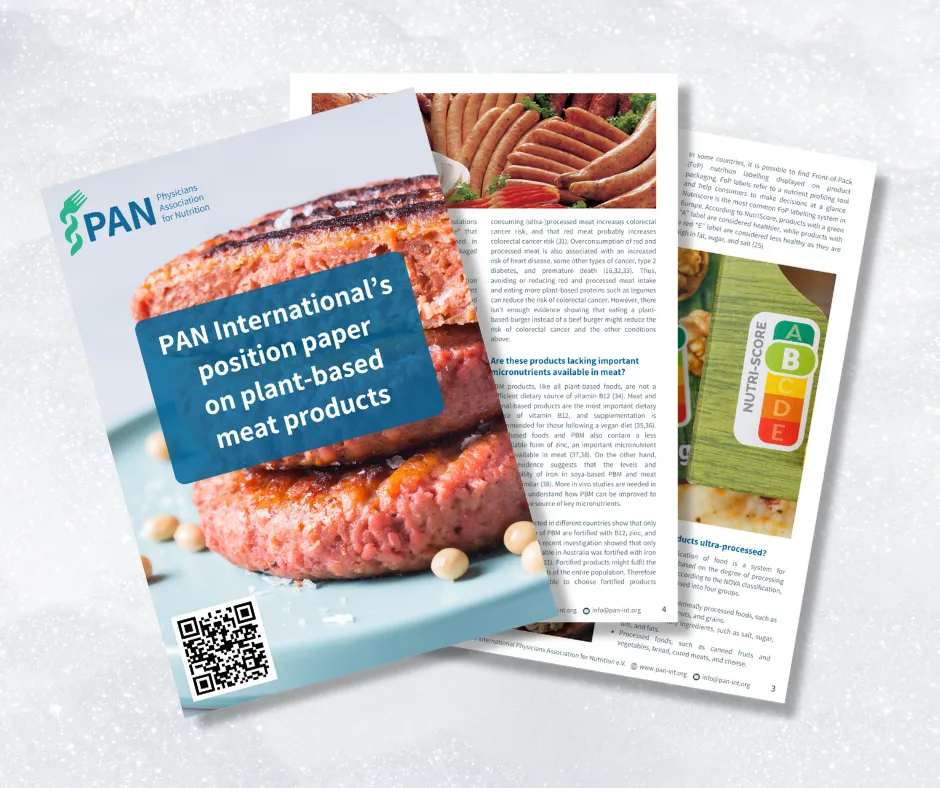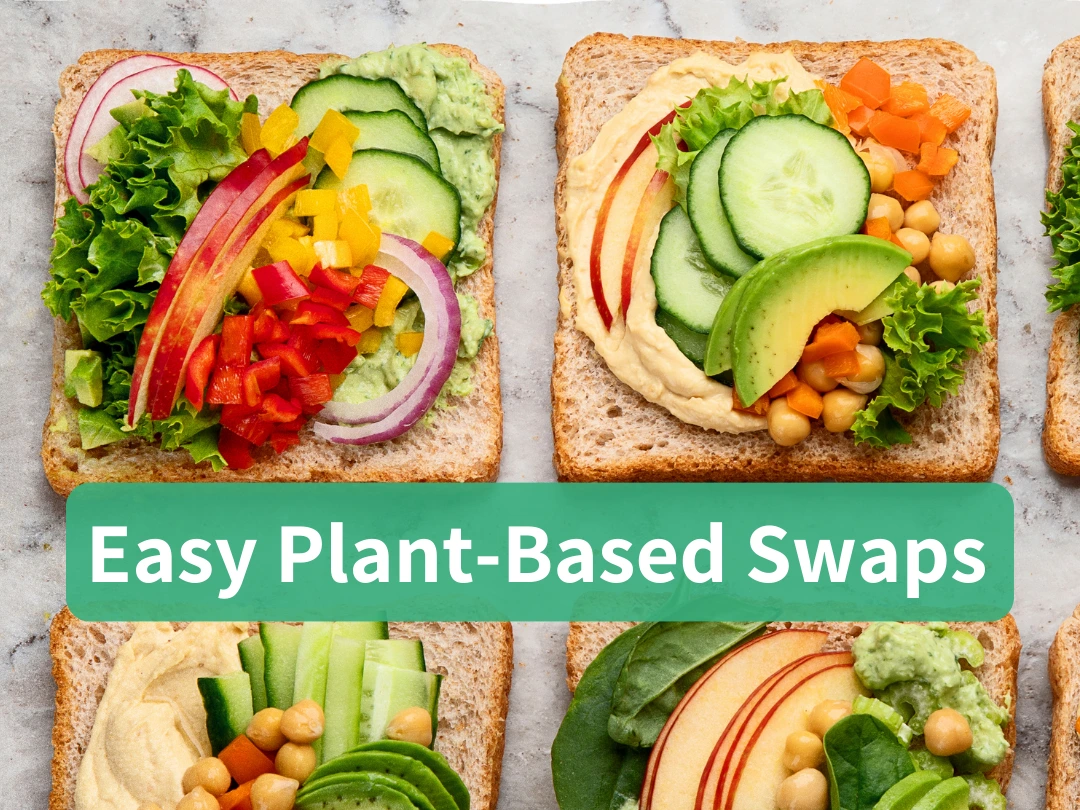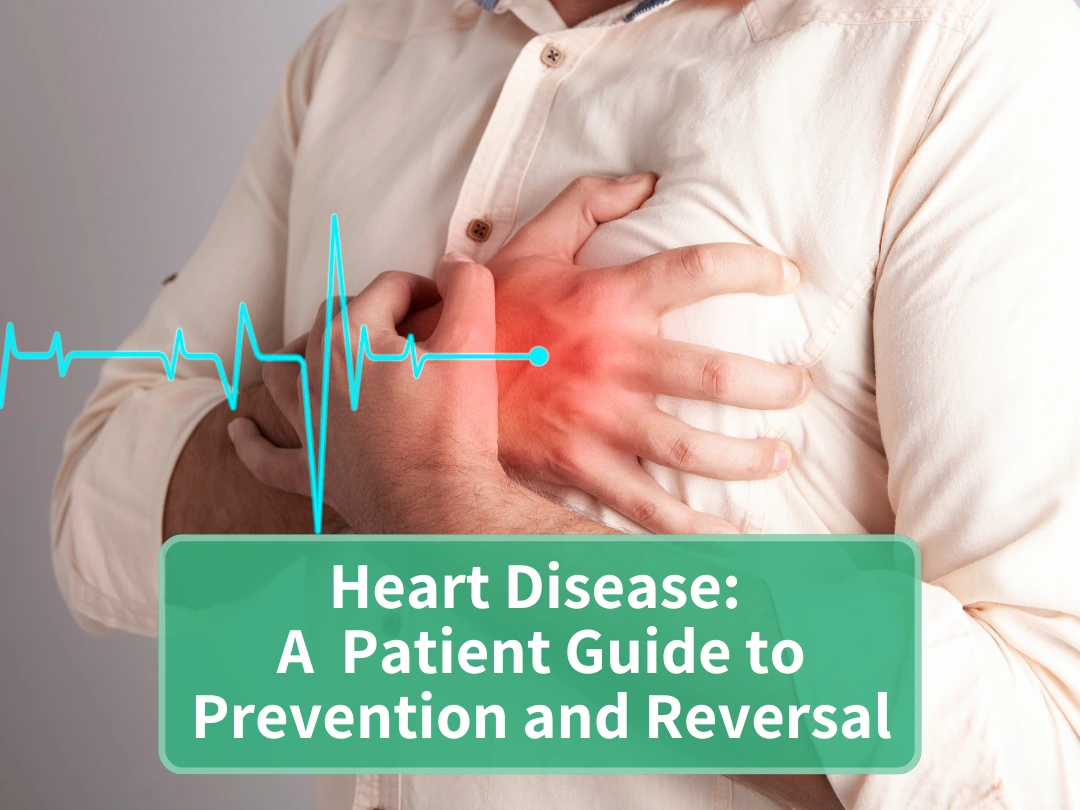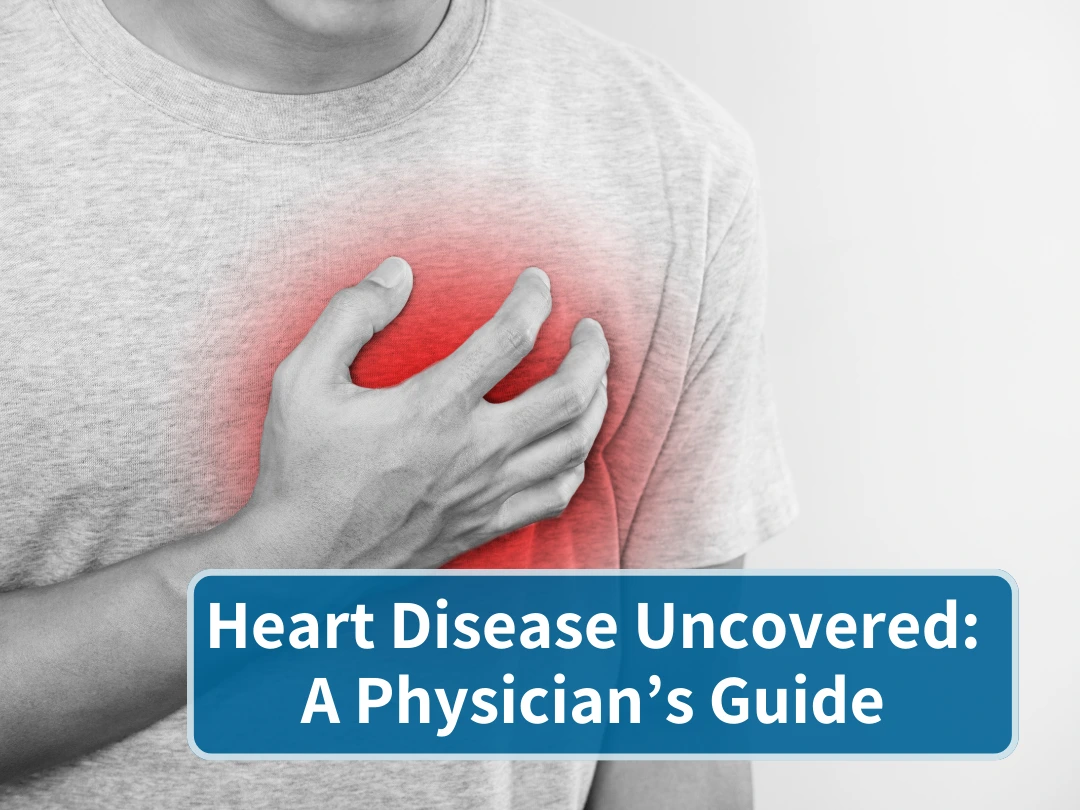
Position Paper on Plant-Based Meat Products
Over the past few years, the popularity of plant-based meat alternatives has soared, particularly among those seeking to eat more sustainably. Compared to animal-based products, the production of plant-based meat requires significantly fewer resources. Consequently, a growing number of people seeking to decrease their meat consumption are embracing plant-based burgers and sausages that offer comparable taste, cooking, and convenience to their meat counterparts.
To address common concerns surrounding plant-based meat products, we have considered the most recent and relevant scientific literature. Our report delves into questions such as whether plant-based meat is considered ultra-processed, its overall nutritional quality and adequacy as a source of micronutrients, its suitability for children, and the comparison with traditional meat products. Throughout the report, we shed light on these important topics.
Having gained insights from this research, PAN acknowledges the potential of plant-based meat products in addressing crucial challenges within our broken food system. It is worth noting that not all plant-based meat alternatives are equal, and we are committed to assisting our professional network in selecting the healthiest options available. Furthermore, we recognize the pivotal role of plant-based meat manufacturers in enhancing the nutritional profile of these products, aiming for a healthier future for all.

Most plant-based meat products classify as ultra-processed food. However, specific evidence on the long-term impacts of plant-based meat as ultra-processed food and disease risk is missing. In studies using the NOVA classification, plant-based meat is often grouped with notoriously unhealthy products such as chocolate snacks, fast foods and sugary drinks, which are high in calories, fat, sugar, and salt. It is therefore difficult to make solid conclusions about the healthiness of plant-based meat products based on the NOVA classification.

The position paper looks at the context of plant-based meat regarding:
- The role of whole-food, plant-based diets in preventing NCDs and addressing the climate crisis.
- Environmentally sustainable protein sources like legumes, nuts, and whole grains.
- The potential of plant-based meat products as a convenient transition to plant-based diets.
- The importance of choosing plant-based meat options low in unhealthy nutrients and fortified with essential micronutrients.
- The crucial role of plant-based meat manufacturers in providing healthy and sustainable food choices.
- Support for research and development in the alternative protein sector for improved sustainability and population health.
- The need for high-quality scientific evidence on the long-term health impacts of alternative proteins.
All the studies assessing plant-based meat nutrient content showed a wide variation of nutrient content within the same product category. For example, often on the same supermarket shelf, it is possible to find soya-based sausages with very low salt content and a similar product with very high salt content from another brand.
Would you like to download the position paper in another language? The following languages are available:
References List:
- Willett W, Rockström J, Loken B, Springmann M, Lang T, Vermeulen S, et al. Food in the Anthropocene: the EAT–Lancet Commission on healthy diets from sustainable food systems. The Lancet. 2019 Feb 2;393(10170):447–92.
- Nelson ME, Hamm MW, Hu FB, Abrams SA, Griffin TS. Alignment of Healthy Dietary Patterns and Environmental Sustainability: A Systematic Review. Adv Nutr Bethesda Md. 2016 Nov;7(6):1005–25.
- Poore J, Nemecek T. Reducing food’s environmental impacts through producers and consumers. Science. 2018 Jun;360(6392):987–92.
- Münzel T, Hahad O, Sørensen M, Lelieveld J, Duerr GD, Nieuwenhuijsen M, et al. Environmental risk factors and cardiovascular diseases: a comprehensive expert review. Cardiovasc Res. 2022 Oct 1;118(14):2880–902.
- Afshin A, Sur PJ, Fay KA, Cornaby L, Ferrara G, Salama JS, et al. Health effects of dietary risks in 195 countries, 1990–2017: a systematic analysis for the Global Burden of Disease Study 2017. The Lancet. 2019 May 11;393(10184):1958–72.
- AR6 Synthesis Report: Summary for Policymakers Headline Statements [Internet]. [cited 2023 Mar 24]. Available from: https://www.ipcc.ch/report/ar6/syr/resources/spm-headline-statements
- Perez-Cueto FJA, Rini L, Faber I, Rasmussen MA, Bechtold KB, Schouteten JJ, et al. How barriers towards plant-based food consumption differ according to dietary lifestyle: Findings from a consumer survey in 10 EU countries. Int J Gastron Food Sci. 2022 Sep 1;29:100587.
- Pohjolainen P, Vinnari M, Jokinen P. Consumers’ perceived barriers to following a plant-based diet. Br Food J. 2015 Jan 1;117(3):1150–67.
- Gómez-Luciano CA, de Aguiar LK, Vriesekoop F, Urbano B. Consumers’ willingness to purchase three alternatives to meat proteins in the United Kingdom, Spain, Brazil and the Dominican Republic. Food Qual Prefer. 2019 Dec 1;78:103732.
- Santo RE, Kim BF, Goldman SE, Dutkiewicz J, Biehl EMB, Bloem MW, et al. Considering Plant-Based Meat Substitutes and Cell-Based Meats: A Public Health and Food Systems Perspective. Front Sustain Food Syst [Internet]. 2020 [cited 2023 Mar 24];4. Available from: https://www.frontiersin.org/articles/10.3389/fsufs.2020.00134
- Messina M, Duncan AM, Glenn AJ, Mariotti F. Plant-based meat alternatives can help facilitate and maintain a lower animal to plant protein intake ratio. Adv Nutr Bethesda Md. 2023 Mar 9;S2161-8313(23)00272-7.
- Bryant CJ. Plant-based animal product alternatives are healthier and more environmentally sustainable than animal products. Future Foods. 2022 Dec 1;6:100174.
- Ritchie H, Reay DS, Higgins P. Potential of Meat Substitutes for Climate Change Mitigation and Improved Human Health in High-Income Markets. Front Sustain Food Syst [Internet]. 2018 [cited 2023 Mar 27];2. Available from: https://www.frontiersin.org/articles/10.3389/fsufs.2018.00016
- The Good Food Institute and The Climate Advisers. Alternative Proteins: A Food & National Security Solution [Internet]. 2022 Oct. Available from: https://gfi.org/wp-content/uploads/2022/10/Climate-Advisers-GFI_Alternative-Proteins-Food-and-National-Security.pdf
- Bodirsky BL, Dietrich JP, Martinelli E, Stenstad A, Pradhan P, Gabrysch S, et al. The ongoing nutrition transition thwarts long-term targets for food security, public health and environmental protection. Sci Rep. 2020 Nov 18;10(1):19778.
- Wang X, Lin X, Ouyang YY, Liu J, Zhao G, Pan A, et al. Red and processed meat consumption and mortality: dose-response meta-analysis of prospective cohort studies. Public Health Nutr. 2016 Apr;19(5):893–905.
- Dinu M, Abbate R, Gensini GF, Casini A, Sofi F. Vegetarian, vegan diets and multiple health outcomes: A systematic review with meta-analysis of observational studies. Crit Rev Food Sci Nutr. 2017 Nov 22;57(17):3640–9.
- Gibbs J, Leung GK. The Effect of Plant-Based and Mycoprotein-Based Meat Substitute Consumption on Cardiometabolic Risk Factors: A Systematic Review and Meta-Analysis of Controlled Intervention Trials. Dietetics. 2023 Mar;2(1):104–22.
- Crimarco A, Springfield S, Petlura C, Streaty T, Cunanan K, Lee J, et al. A randomized crossover trial on the effect of plant-based compared with animal-based meat on trimethylamine-N-oxide and cardiovascular disease risk factors in generally healthy adults: Study With Appetizing Plantfood-Meat Eating Alternative Trial (SWAP-MEAT). Am J Clin Nutr. 2020 Nov 11;112(5):1188–99.
- Alessandrini R, Brown MK, Pombo-Rodrigues S, Bhageerutty S, He FJ, MacGregor GA. Nutritional Quality of Plant-Based Meat Products Available in the UK: A Cross-Sectional Survey. Nutrients. 2021;13(12).
- Melville H, Shahid M, Gaines A, McKenzie BL, Alessandrini R, Trieu K, et al. The nutritional profile of plant-based meat analogues available for sale in Australia. Nutr Diet [Internet]. [cited 2023 Mar 23];n/a(n/a). Available from: https://onlinelibrary.wiley.com/doi/abs/10.1111/1747-0080.12793
- de las Heras-Delgado S, Shyam S, Cunillera È, Dragusan N, Salas-Salvadó J, Babio N. Are plant-based alternatives healthier? A two-dimensional evaluation from nutritional and processing standpoints. Food Res Int. 2023 Jul 1;169:112857.
- Rodríguez-Martín NM, Córdoba P, Sarriá B, Verardo V, Pedroche J, Alcalá-Santiago Á, et al. Characterizing Meat- and Milk/Dairy-like Vegetarian Foods and Their Counterparts Based on Nutrient Profiling and Food Labels. Foods. 2023 Jan;12(6):1151.
- Bryngelsson S, Moshtaghian H, Bianchi M, Hallström E. Nutritional assessment of plant-based meat analogues on the Swedish market. Int J Food Sci Nutr. 2022 Nov;73(7):889–901.
- Chantal J, Hercberg S, World Health Organization. Development of a new front-of-pack nutrition label in France: the five-colour Nutri-Score. Public Health Panor. 2017;3(04):712–25.
- Monteiro CA, Cannon G, Levy RB, Moubarac JC, Louzada ML, Rauber F, et al. Ultra-processed foods: what they are and how to identify them. Public Health Nutr. 2019 Apr;22(5):936–41.
- Rauber F, Steele EM, Louzada ML da C, Millett C, Monteiro CA, Levy RB. Ultra-processed food consumption and indicators of obesity in the United Kingdom population (2008-2016). PLOS ONE. 2020 May 1;15(5):e0232676.
- Chang K, Khandpur N, Neri D, Touvier M, Huybrechts I, Millett C, et al. Association Between Childhood Consumption of Ultraprocessed Food and Adiposity Trajectories in the Avon Longitudinal Study of Parents and Children Birth Cohort. JAMA Pediatr. 2021 Sep 1;175(9):e211573.
- Srour B, Fezeu LK, Kesse-Guyot E, Allès B, Debras C, Druesne-Pecollo N, et al. Ultraprocessed Food Consumption and Risk of Type 2 Diabetes Among Participants of the NutriNet-Santé Prospective Cohort. JAMA Intern Med. 2020 Feb 1;180(2):283–91.
- Position statement on the concept of ultra-processed foods (UPF) – British Nutrition Foundation [Internet]. [cited 2023 May 2]. Available from: https://www.nutrition.org.uk/news/2023/position-statement-on-the-concept-of-ultra-processed-foods-upf/
- Cancer: Carcinogenicity of the consumption of red meat and processed meat [Internet]. [cited 2023 Mar 23]. Available from: https://www.who.int/news-room/questions-and-answers/item/cancer-carcinogenicity-of-the-consumption-of-red-meat-and-processed-meat
- Papier K, Knuppel A, Syam N, Jebb SA, Key TJ. Meat consumption and risk of ischemic heart disease: A systematic review and meta-analysis. Crit Rev Food Sci Nutr. 2023;63(3):426–37.
- Micha R, Wallace SK, Mozaffarian D. Red and processed meat consumption and risk of incident coronary heart disease, stroke, and diabetes mellitus: a systematic review and meta-analysis. Circulation. 2010 Jun 1;121(21):2271–83.
- Watanabe F, Yabuta Y, Bito T, Teng F. Vitamin B12-Containing Plant Food Sources for Vegetarians. Nutrients. 2014 May;6(5):1861–73.
- Gille D, Schmid A. Vitamin B12 in meat and dairy products. Nutr Rev. 2015 Feb 1;73(2):106–15.
- Pawlak R, Parrott SJ, Raj S, Cullum-Dugan D, Lucus D. How prevalent is vitamin B12 deficiency among vegetarians? Nutr Rev. 2013 Feb 1;71(2):110–7.
- Hunt JR. Moving toward a Plant-based Diet: Are Iron and Zinc at Risk? Nutr Rev. 2002 May 1;60(5):127–34.
- Latunde-Dada GO, Kajarabille N, Rose S, Arafsha SM, Kose T, Aslam MF, et al. Content and Availability of Minerals in Plant-Based Burgers Compared with a Meat Burger. Nutrients. 2023 Jan;15(12):2732.
- Klapp AL, Feil N, Risius A. A Global Analysis of National Dietary Guidelines on Plant-Based Diets and Substitutions for Animal-Based Foods. Curr Dev Nutr. 2022 Nov 1;6(11):nzac144.
- Food additives [Internet]. [cited 2023 Mar 23]. Available from: https://www.who.int/news-room/fact-sheets/detail/food-additives
Recent posts
Alzheimer’s Disease: Decode the Complex Puzzle
Alzheimer’s is a complex puzzle. Learn about genetic factors and how recommending a whole food, plant-based diet can elevate patient care.
A Patient Guide to Outsmarting Alzheimer’s Disease
Learn how dietary choices impact Alzheimer’s risk. Discover measures that can slow progression and reduce its effects.
Easy Plant-Based Swaps
Make your transition to a whole food, plant-based diet stick. Explore delicious and easy plant-based swaps to add more plants to your plate.
Manage Your Rheumatoid Arthritis With Diet
Manage rheumatoid arthritis naturally with a plant-based diet. Reduce inflammation, ease joint pain, and improve your overall health.
Rheumatoid Arthritis and Diet: A Physician’s Guide
Rheumatoid Arthritis and Diet: A Physician’s GuideBy Carlijn Wagenaar, MD and Wendy Walrabenstein, RD from PAN The...
Heart Disease: A Patient Guide to Prevention and Reversal
Discover how to prevent and reverse heart disease. Learn about the advantages of lifestyle changes with a whole food plant-based diet.
Heart Disease Uncovered: A Physician’s Guide
Uncover the secrets to prevent and reverse heart disease. Learn how a whole food plant-based diet can help patients lead a heart-healthy life.
Treating the Silent Killer: Hypertension Insights and Solutions
Explore the power of plant-based diets in managing hypertension. Empower your patients to take control of their blood pressure readings.
Hypertension: A Patient Guide to Reducing High Blood Pressure
Is high blood pressure dangerous? What can you do to manage hypertension and reduce your risk of other related diseases?
Carbohydrates: A Complex or Simple Matter?
Are carbohydrates essential for our health? Do low-carb diets yield greater weight loss? What benefits do whole plant-based foods provide? Find out the answers to these questions and more in this blog post.

Making better physicians
Ready to improve your nutrition knowledge?
Sign up for the PAN Academy and take our free online courses on nutrition science.
Mini Modules on Diet-Related Diseases
This series of short modules addresses common diet-related diseases such as heart disease, hypertension and type 2 diabetes. Learn the causes and which patients are at risk, and find out practical solutions to managing these diseases through whole food, plant-based eating.



Making better physicians
Ready to improve your nutrition knowledge?
Sign up to the PAN Academy and take our free online courses on nutrition science.
Mini Modules on Diet-Related Diseases
This series of short modules addresses common diet-related diseases such as heart disease, hypertension and type 2 diabetes. Learn the causes and which patients are at risk, and find out practical solutions to managing these diseases through whole food, plant-based eating.











